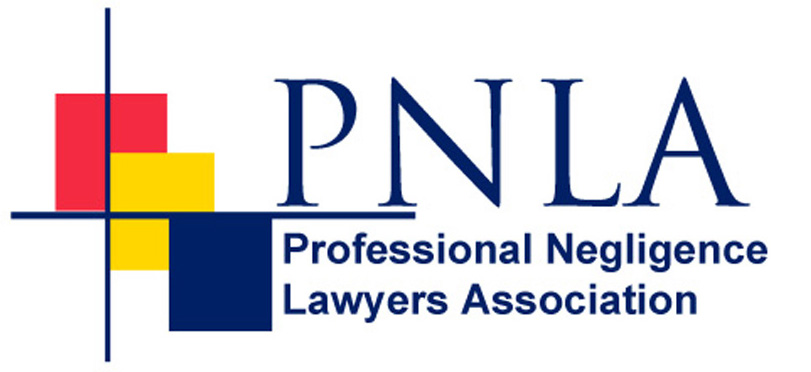Deputyship Solicitors Essex & North-East London
There may come a time when a loved one can no longer communicate effectively due to a medical condition such as dementia, disability or old age. If your loved one can no longer make their own decisions and there is no Enduring or Lasting Power of Attorney, you can make decisions on behalf of another by establishing a deputyship.
To do this, the person who will be entrusted to act as the Deputy will need to apply to the Court of Protection.
What is the Court of Protection?
Established under the Mental Capacity Act 2005, the Court of Protection has the same authority as the High Court in terms of rights, powers and privileges regarding mental capacity issues. It has the authority to make decisions for people in relation to their financial affairs, property, healthcare and so on, if a person cannot make these decisions themselves.
The Court can also appoint deputies who can manage a loved one’s affairs if the loved one lacks the mental capacity to make decisions on their own. In this way, the Court’s aim is to protect society’s most vulnerable people so that others can make decisions that are in their best interests.
At Wiseman Wingate, we have a deep understanding of the Codes of Practice and procedures in relation to the Court of Protection if you are considering a Deputyship Order.
What Is a Deputyship Order?
Deputies are appointed by the Court of Protection, and they are responsible in law for a person who cannot make decisions for themselves regarding their living situation, estate, finances and so on. This lack of capacity may be because of a degenerative condition such as Alzheimer’s disease or dementia, or a medical condition such as a stroke.
The Court dictates the Deputy’s powers, and they will relate to finances, property, accommodation and healthcare. The powers handed to a Deputy will depend on the loved one’s needs, but if those needs are complicated, it is worth having legal representation to ensure that your loved one obtains the right care for their needs.
Applying for a Deputyship
To become a Deputy, the nominated person must be a family member or friend who is over 18. They will need to fill in application forms and the patient’s GP or an appointed medical professional must submit a medical report detailing the condition and the reasons why the loved one lacks the capacity to make decisions for themselves.
A hearing in Court is usually not required, as long as the application is not rejected. It is always worth appointing a legal professional who can help you with the application to become a Deputy and who can help you with the necessary paperwork.
Once appointed, a deputy must comply with the Mental Capacity Act 2005 and five main principles:
- Every adult must have the right to make their own decisions where they can and unless proven otherwise
- An adult must be given as much help as possible to make their own decisions
- A person has the right to make a decision that is unwise, even if others do not agree with it
- Any decision made on behalf of a person who lacks capacity must always be within the individual’s best interests
- Anything done on a person’s behalf must not restrict their basic freedoms and rights
If you believe that a Court of Protection Deputy should be appointed to look after a loved one, we can offer a free 15-minute consultation over the phone to talk you through your options.
Contact our Court of Protection Deputyship Solicitors in Essex & North-East London
At Wiseman Wingate Solicitors, we can help you apply for a deputyship and prepare the correct paperwork for an order via the Court of Protection. We will help you consider all medical evidence surrounding your loved one’s condition to gauge their mental capacity, prepare your application and advice on timescales. Contact our office in Brentwood on 01428 778776, or submit an enquiry via our online form.






